Search
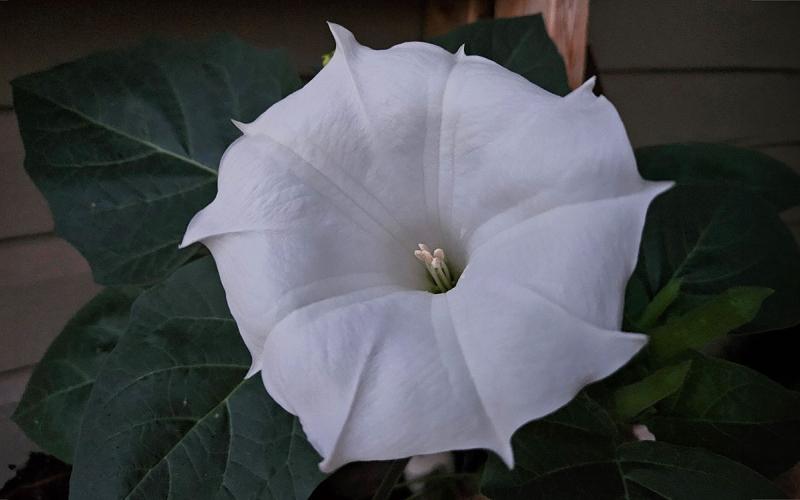
Night-Blooming Flowers and Host Plants for Moths
Moths are fascinating creatures, and they are also important pollinators. Learn about a variety of night-blooming flowers and native host plants that can attract these beneficial insects to your yard and garden.
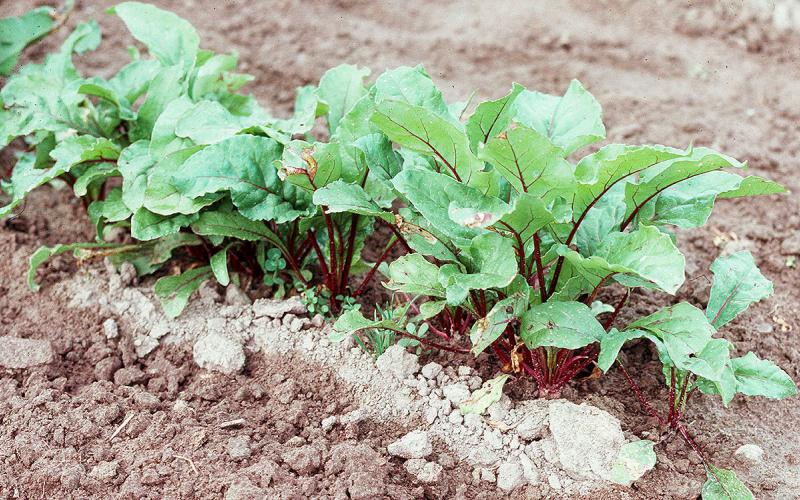
Beets: How to Grow It
Beets are commonly grown for their bulbous roots, but their tops can also be harvested for greens, and they are an excellent source of Vitamin A as well as calcium. They grow best in the cooler temperatures of spring or fall.
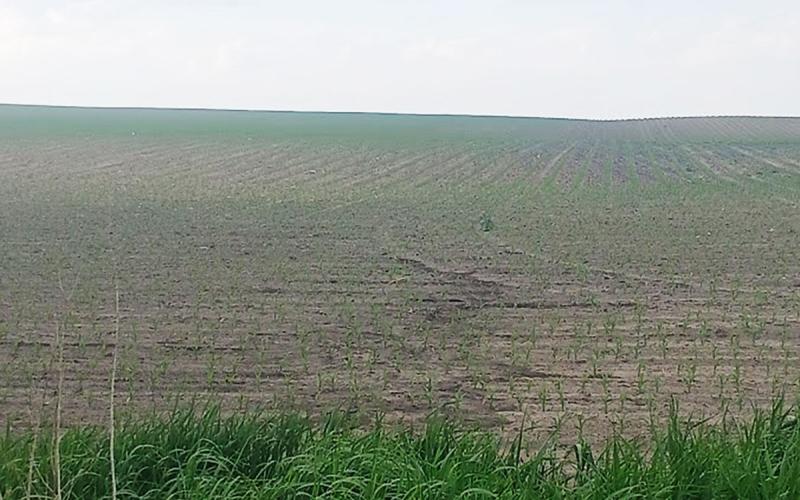
Soil Erosion Mitigation During Heavy Rainfall Events
Adopting soil health practices that minimize disturbance, increase surface cover and organic matter content, and keep roots growing in the soil can help to increase soil infiltration rates and reduce destruction of soil aggregates from heavy rain.
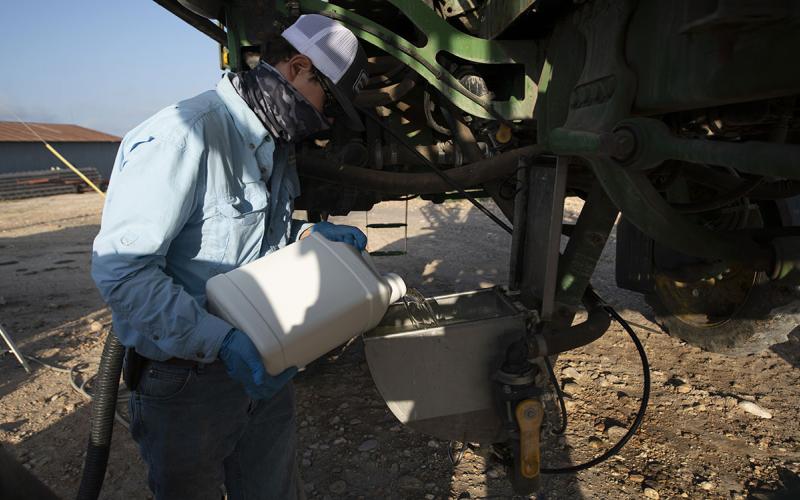
Chlorpyrifos Products Can be Used in 2024 for Insect Pest Management
The U.S. Environmental Protection Agencys recently announced that currently registered insecticide products with the active ingredient chlorpyrifos will be legal to use on labeled crops during the 2024 growing season.
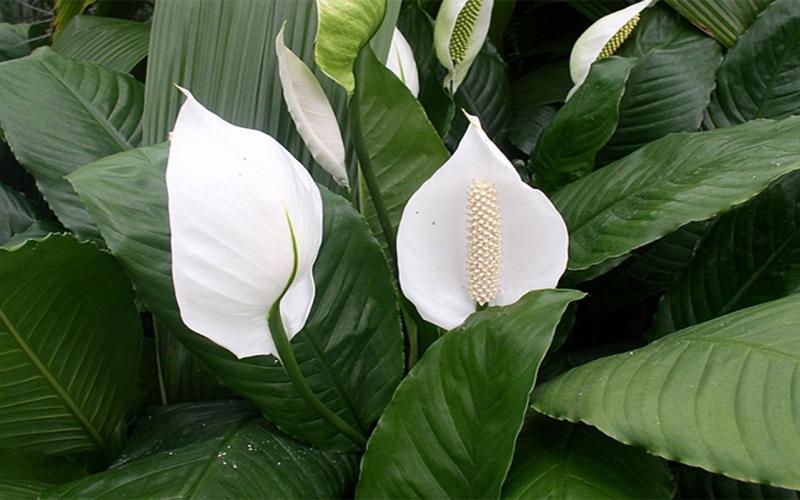
Peace Lily: Houseplant How-To
The Peace Lily is a gorgeous house plant that does well in low-light conditions, making it great for homes and offices. Learn how to take care of it in this "House Plant How-To" article.
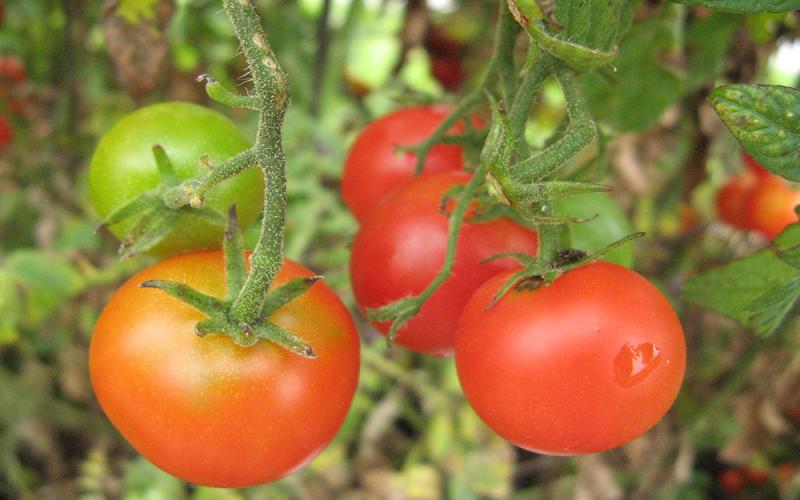
Tomato: How to Grow It
From bite-size grape tomatoes to sliceable beefsteak varieties, learn how to select, plant and grow a wide variety of tomatoes for your garden this growing season!
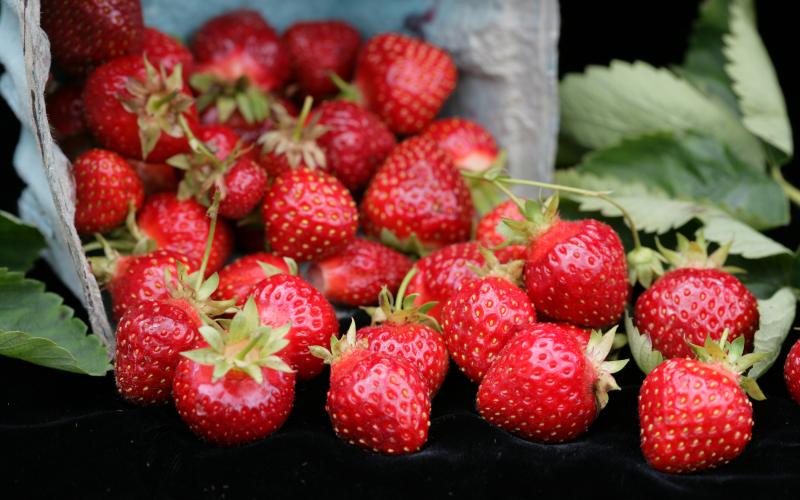
Strawberry Care
Have you been enjoying strawberries from your own patch? Here are some tips for keeping your strawberry plants healthy and productive.
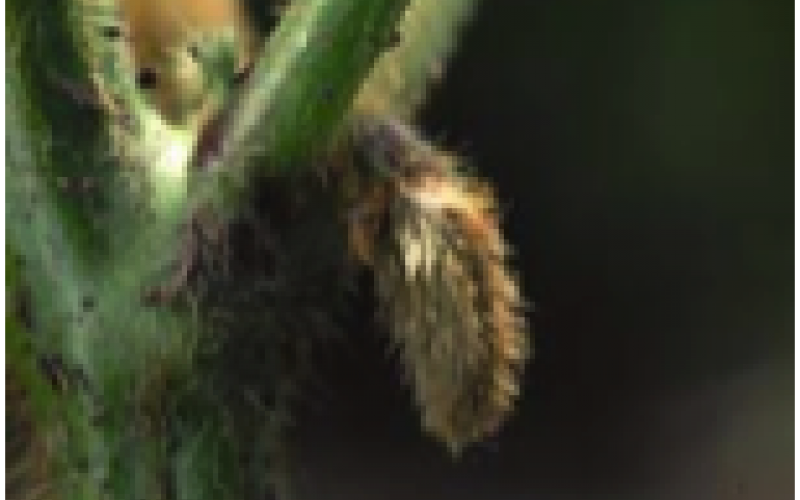
Late-Season Nitrogen For Soybean?
Some South Dakota soybean fields that were planted early and have had sufficient moisture have reached early pod setting stage (R3) and are looking good.
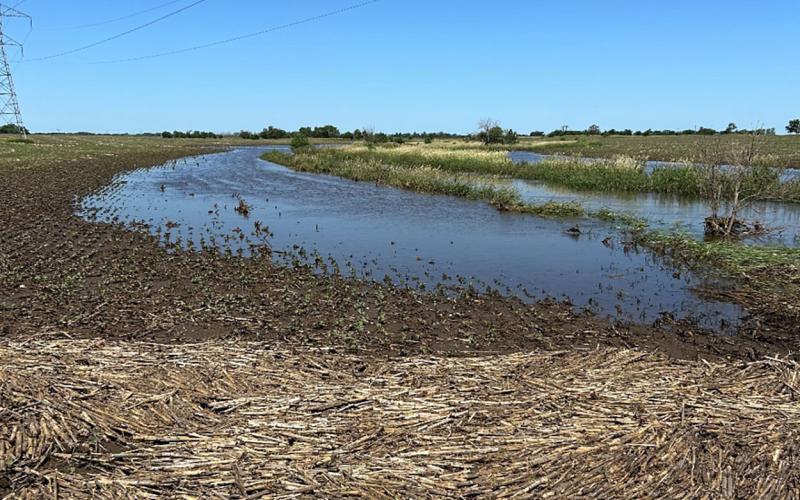
Replanting in Flooded Soybean Fields
If you have large, flooded areas where soybeans have died this summer and herbicides are limiting your replant options, consider trying late-maturing soybeans as cattle feed this year.
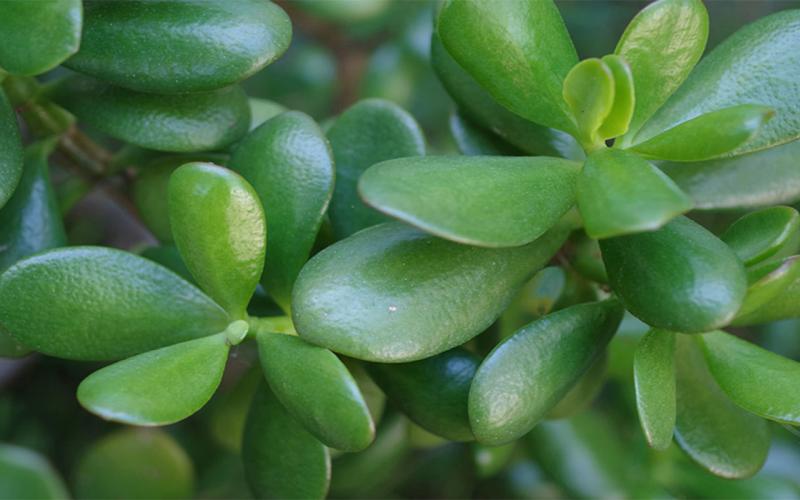
Jade Plant: Houseplant How-To
Jade plants are an easy-growing succulent that will thrive in your household for years to come. Learn how to take care of them in this "House Plant How-To" article.